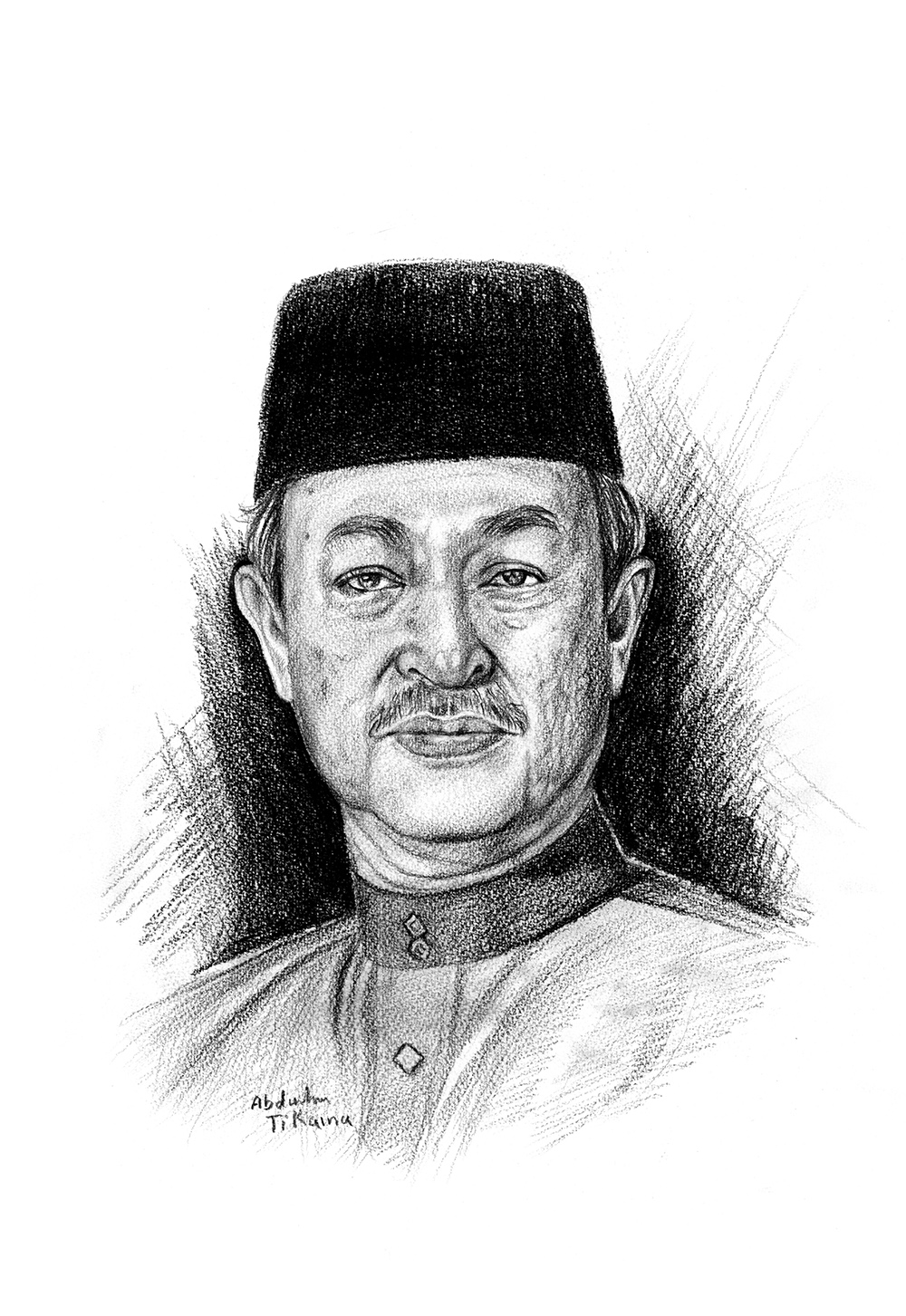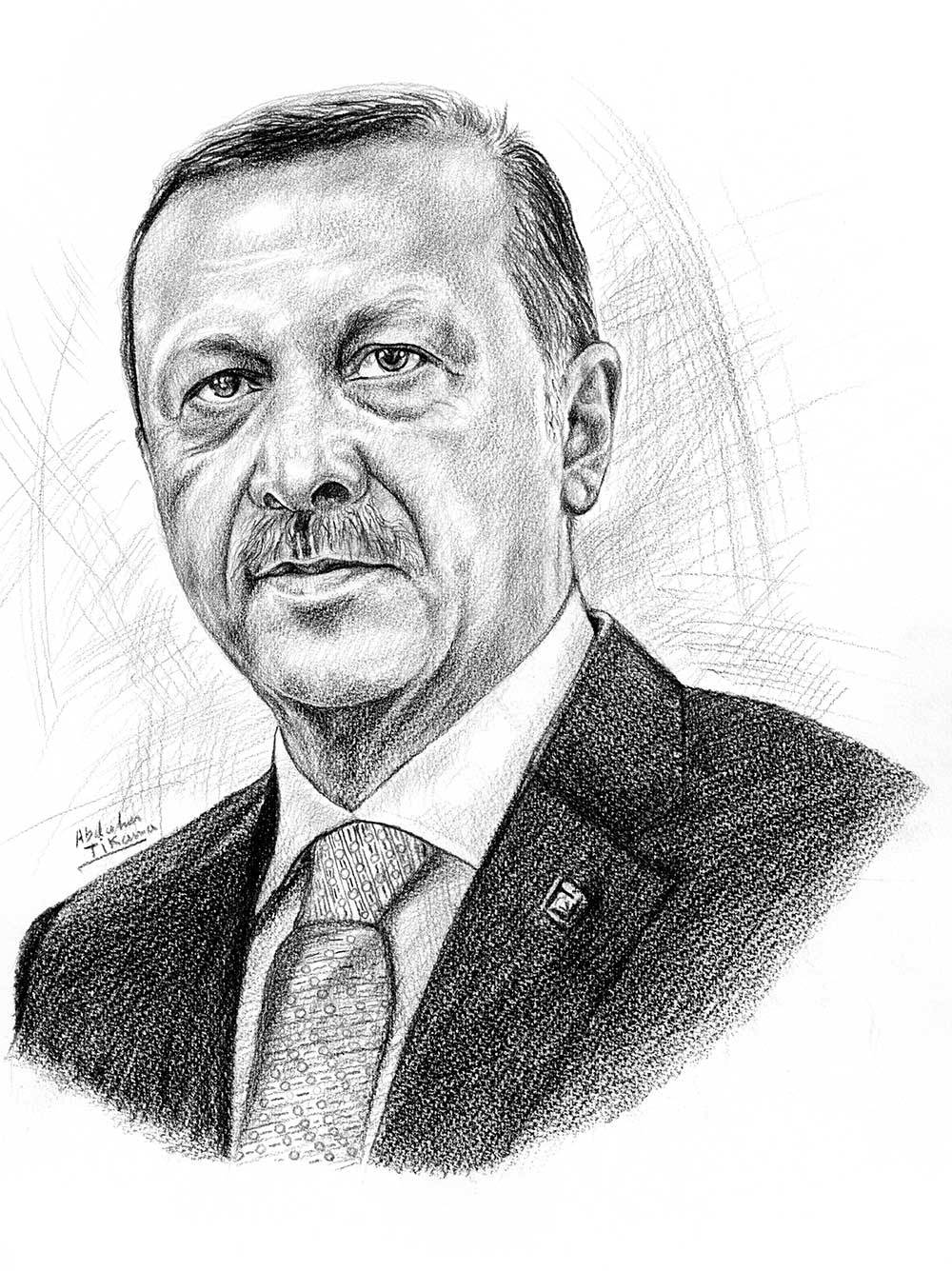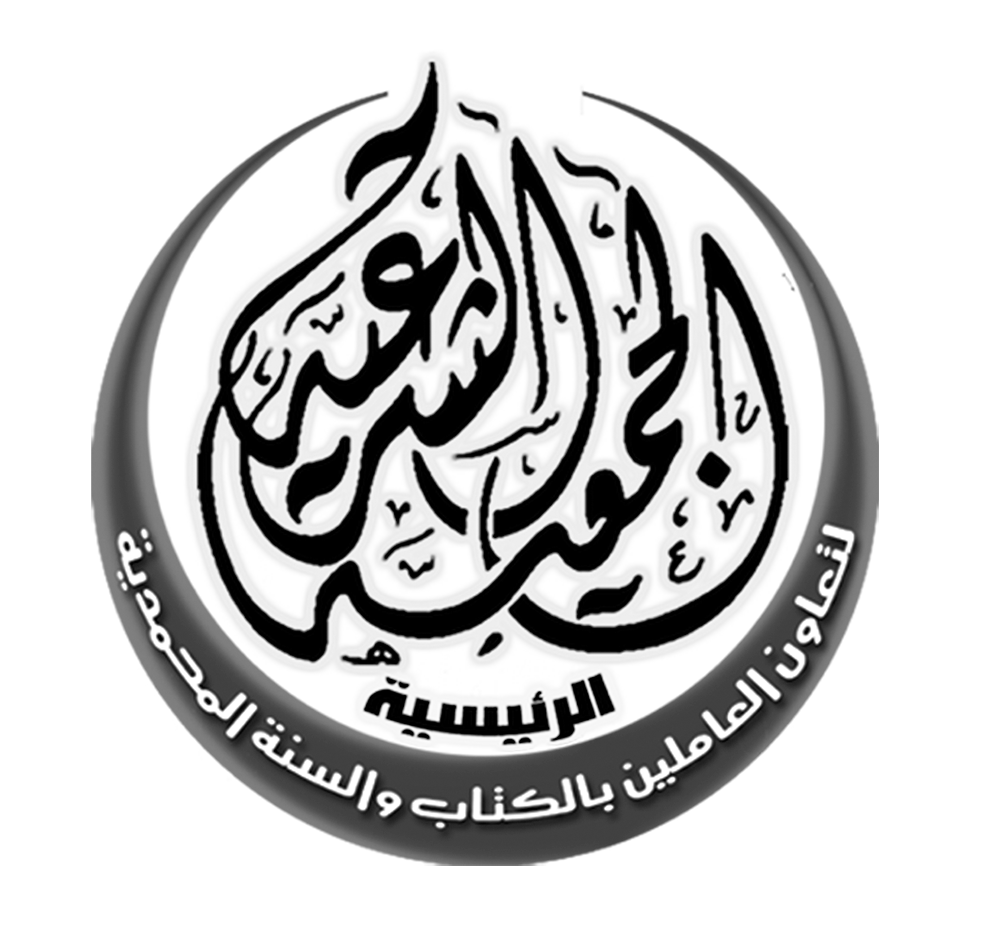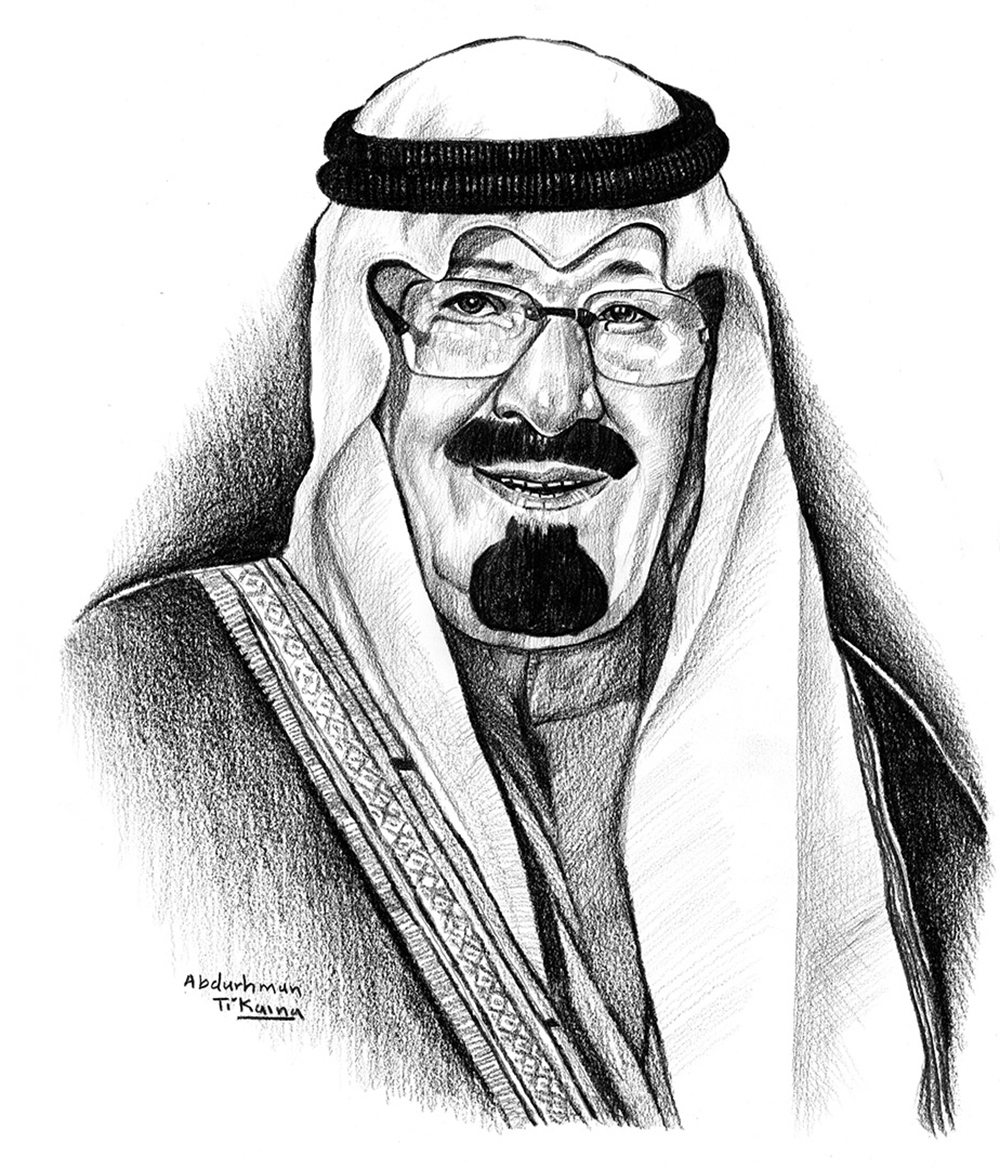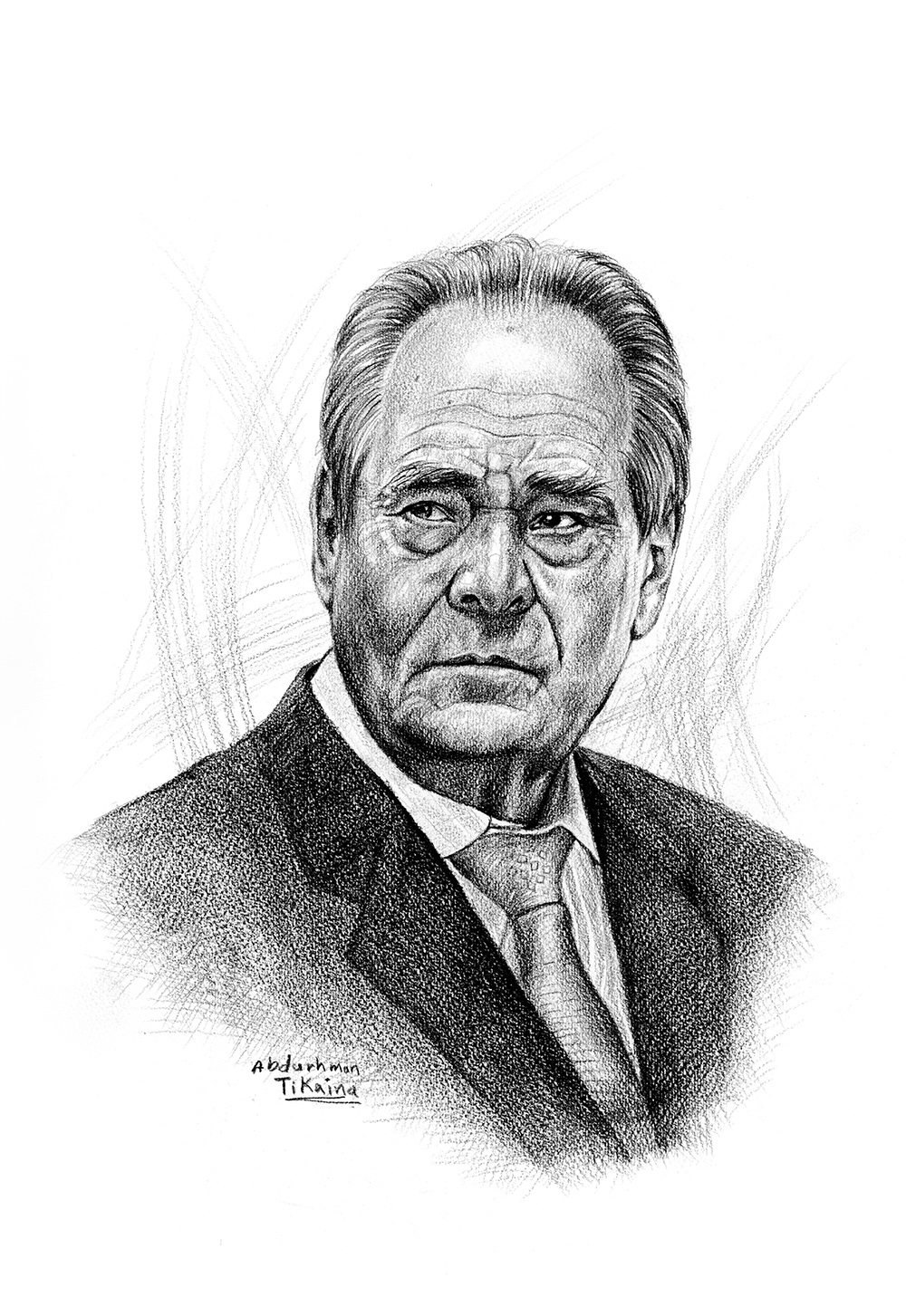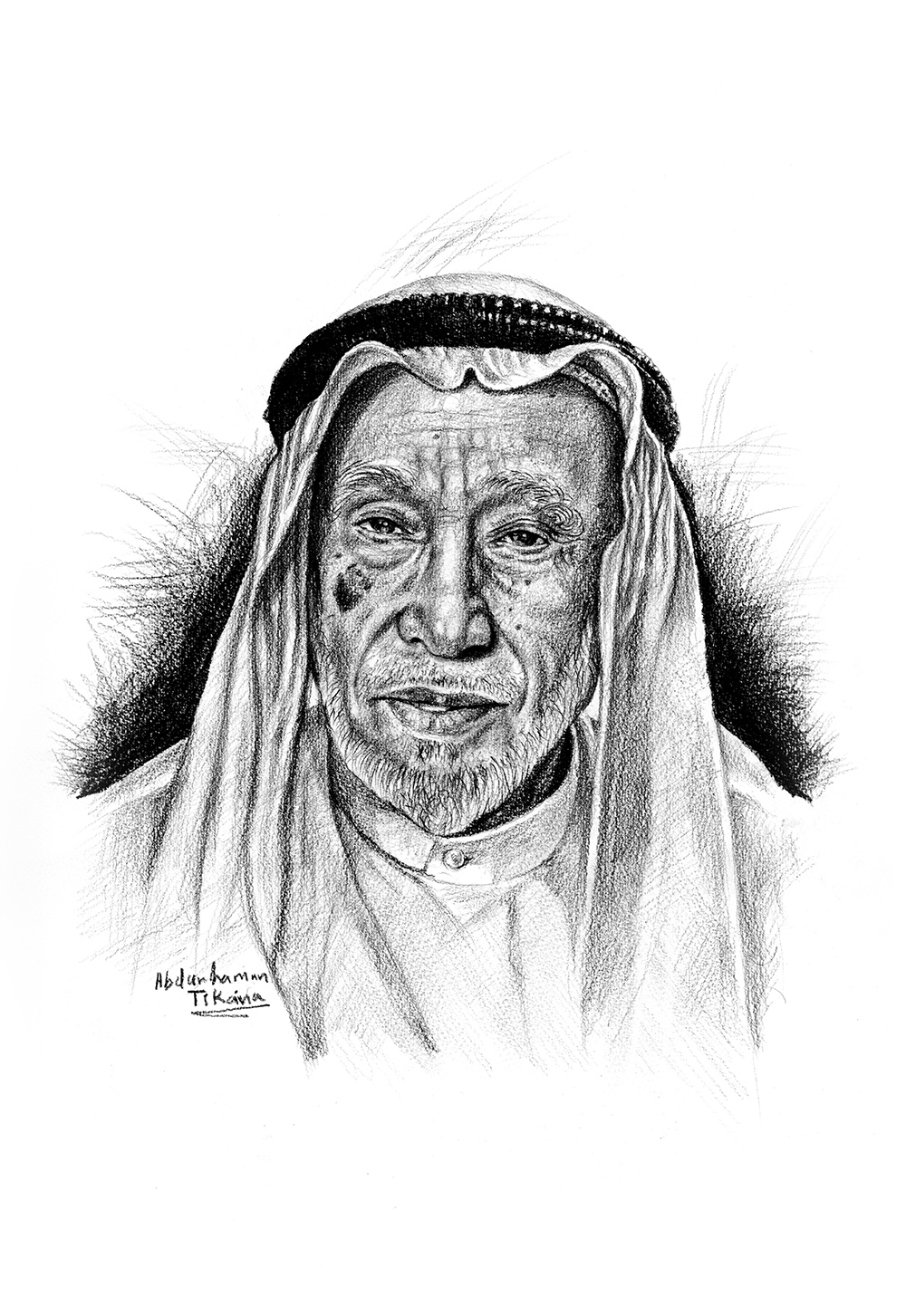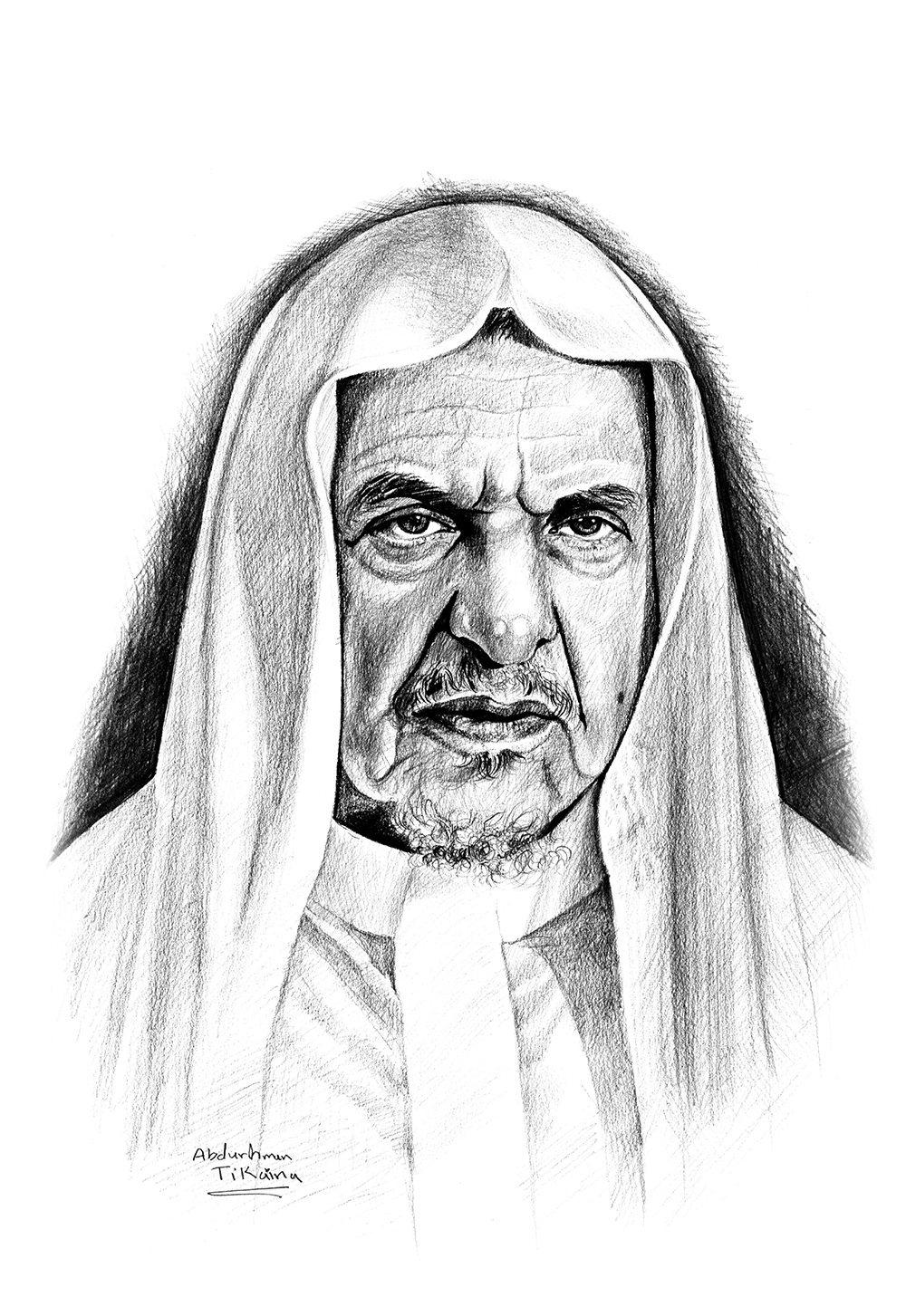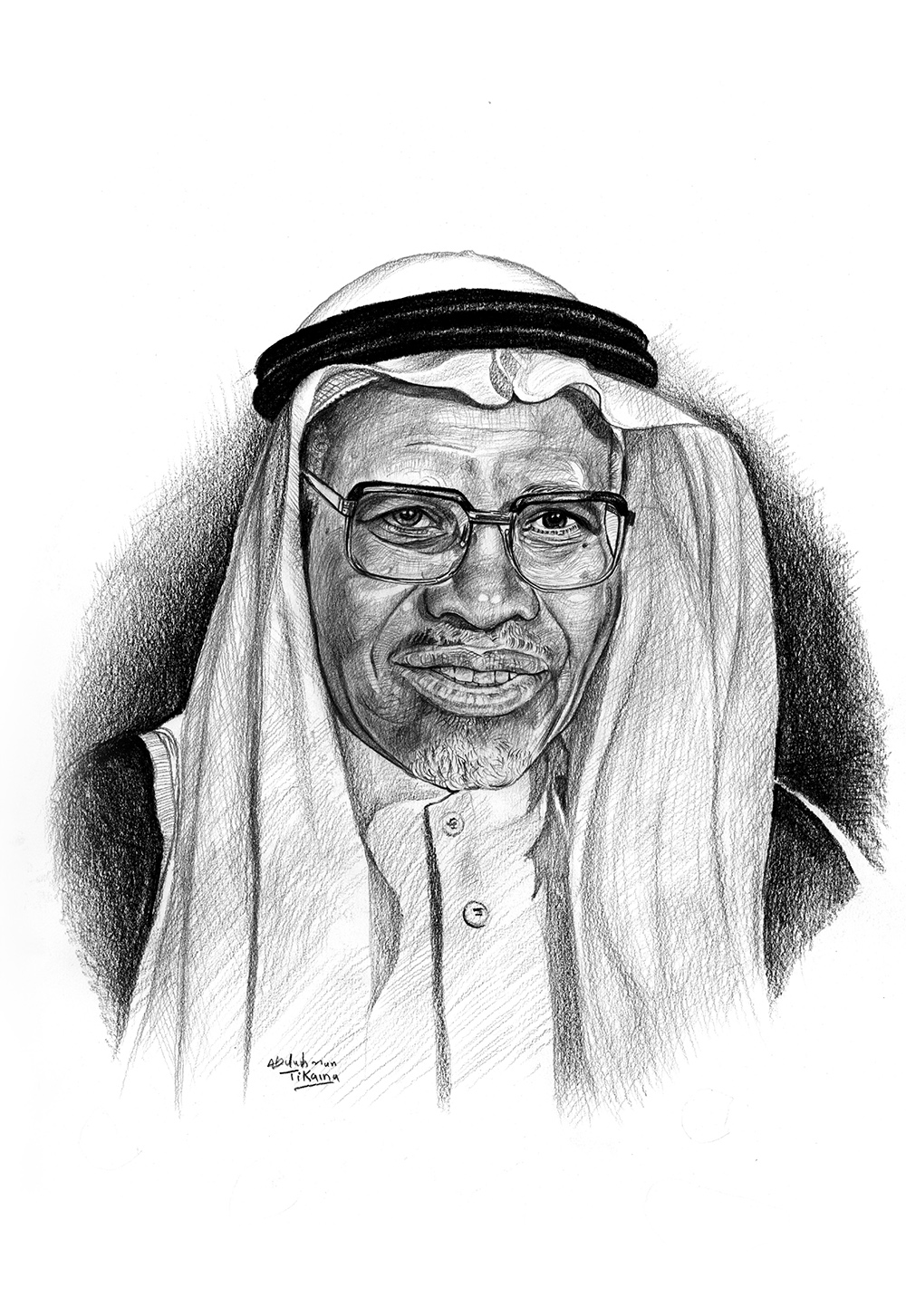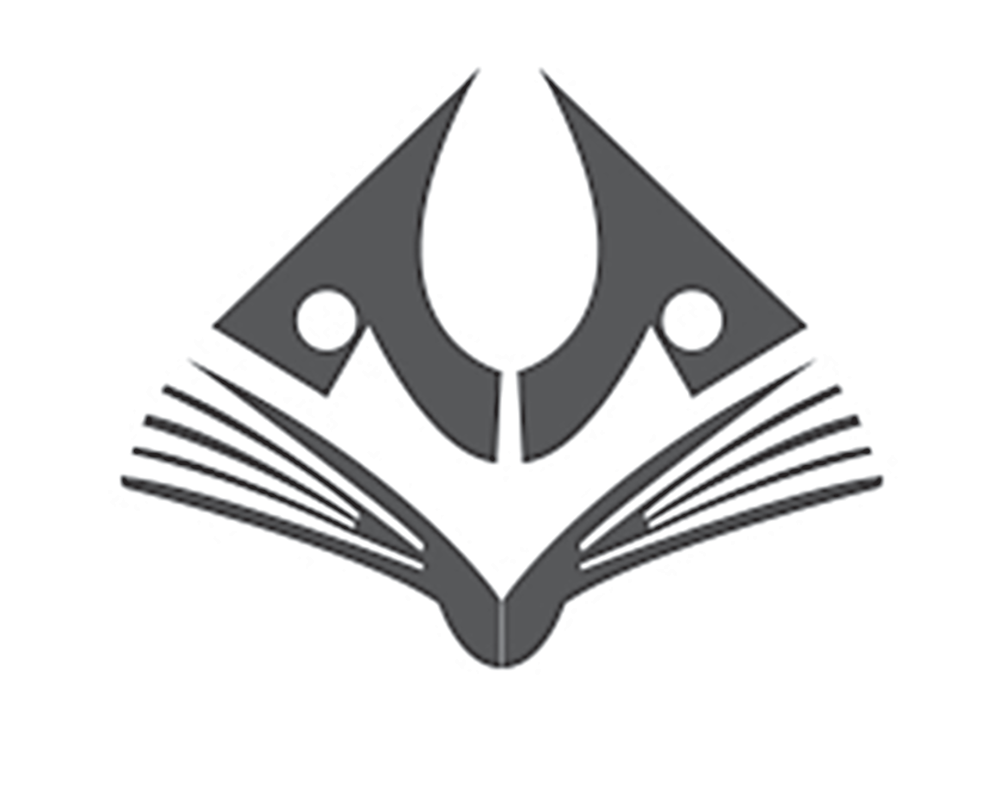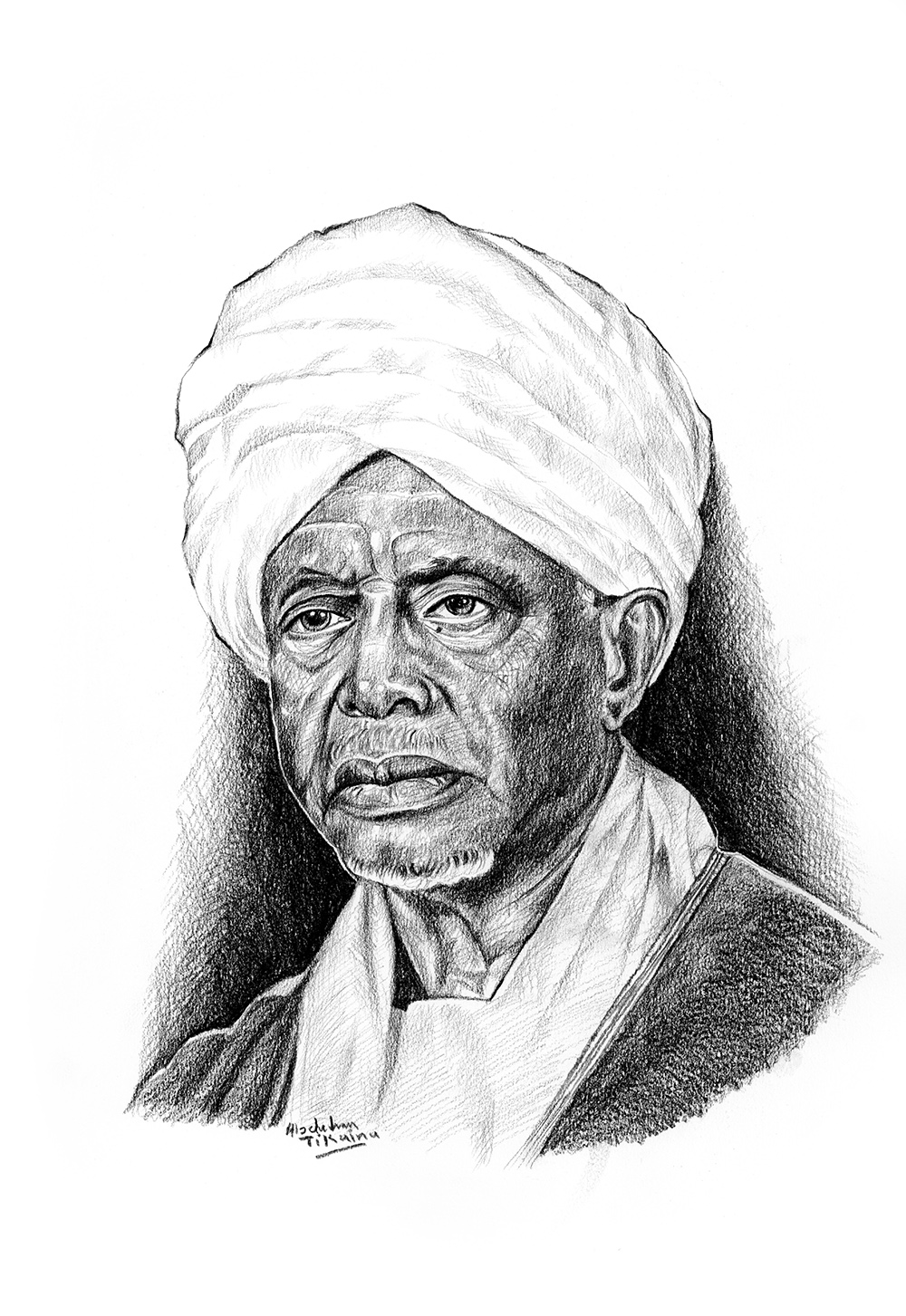Abdullah Ahmad Badawi earned a B.A. in Islamic Studies from the University of Malaya, and started in the Malaysian civil service in 1964. He left the civil service as a Deputy Secretary General of the Ministry of Culture, Youth & Sports to become a politician in 1978, and rose to become a Prime Minister of Malaysia 25 years later, in October 2003.
Abdullah held various positions in government, including a Minister in the Prime Minister’s Department, a Minister of Education, a Minister of Defense, a Minister of Foreign Affairs, a Minister of Home Affairs, and a Minister of Finance. Excelling in diplomacy and international relations, as a Prime Minister, Abdullah sought to improve bilateral and multilateral cooperation, actively leading (among others) the Association of South-East Asian Nations (ASEAN), Non-Aligned Movement (NAM) and Organisation of Islamic Conference (OIC) when Malaysia assumed the chair of these international organizations.
As Prime Minister, Abdullah introduced the concept of Islam Hadhari to guide development efforts in Malaysia and the wider Islamic world. This move towards progressive Islamic civilisation seeks to make Muslims understand that progress is enjoined by Islam. It is an approach that is compatible with modernity and yet firmly rooted in the noble values and injunctions of Islam. Islam Hadhari espouses ten fundamental principles which were accepted by Muslims and non-Muslims alike.
Abdullah focused on human capital development as a key pillar of his Administration. This went beyond merely strengthening lower and higher education in Malaysia, to enhancing mindsets and infusing ethical, moral, and religious values. Science and technology were further promoted, while innovation and creativity were pushed to the fore.
As a Chairman of the OIC, Abdullah waged a war against poverty and the lack of knowledge and development in the Muslim world. Besides emphasizing the enhancement of education in OIC countries, Malaysia sought to share its experience in national economy development by initiating a series of self help projects involving OIC Members and the Islamic Development Bank with the objective of increasing capacities in several poor member countries of the OIC. The immediate purpose was to generate income and provide employment, while the longer-term intention was to assist the OIC countries upgrade their governance and development efforts.
Abdullah also sought to provide an economic face to the OIC, in a bid to enhance trade, business, and investment linkages between Member countries. The World Islamic Economic Forum (WIEF), of which Abdullah is the founder patron, continues to be a significant gathering of government and business leaders from the Muslim world and beyond. International Halal fora and trade expositions, initiated by Malaysia, are now held regularly throughout the globe to advance Halal industries, for the benefit of the larger Ummah.
Abdullah stepped down as Prime Minister on 3 April 2009. He remains committed to pursuing development, promoting progressive Islam, and enhancing understanding between the Muslim and Western worlds. He is the Chairman of the Malaysian Institute of Islamic Understanding (IKIM), and a Patron of the Institute of Advanced Islamic Studies (IAIS) in Kuala Lumpur, which he established in 2009. He is the founding patron for the World Islamic Economic Forum. He holds several government advisory roles, including Malaysia’s regional growth corridors and Malaysia Airlines. Internationally, Abdullah is a member of the InterAction Council, a board member of the BOAO Forum for Asia (BFA) and the World Muslims Foundation, and the Chair of the Commonwealth Eminent Persons Group.
This biography was written in the year the prize was awarded.

